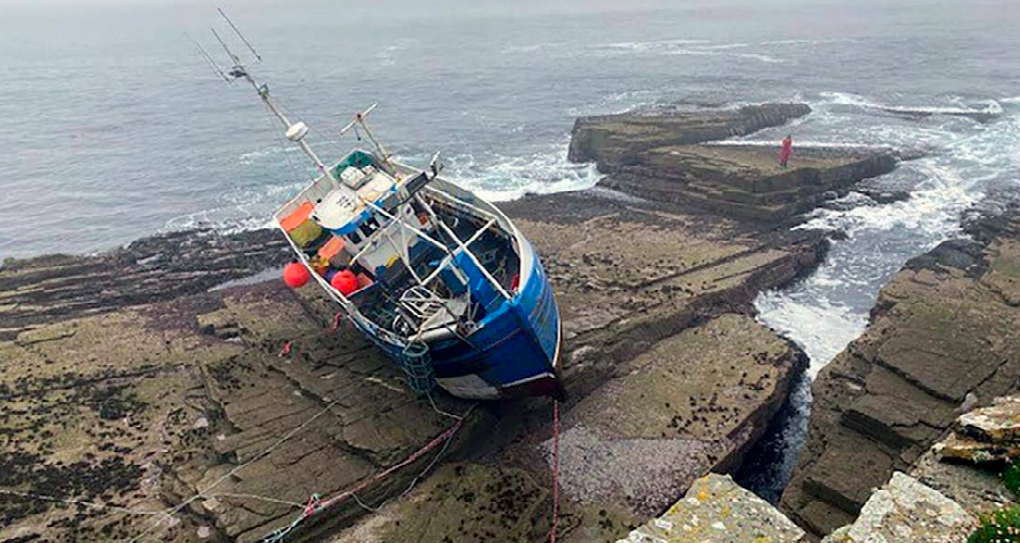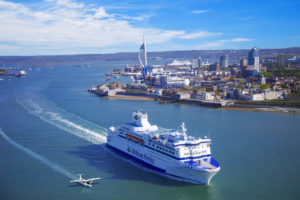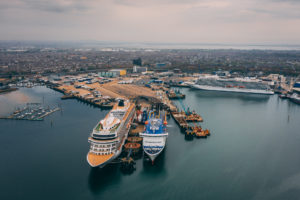MAIB’s safety digest calls for training for all

The Marine Accident Investigation Branch has released its latest collection of cases (volume 2 of 2021), detailing accidents involving vessels from the merchant, fishing and recreational sectors.
The weighty tome, available to download as a pdf, covers lessons learnt, providing ‘readers with the opportunity to learn from others’ misfortunes’.
It makes harrowing reading at times, but offers practical suggestions to put plans in place to overcome the similar situations happening to other boats. And throughout, it focuses on the need for training to help ensure that the number of predictable accidents are lowered, whether in merchant, fishing or recreational vessels.
“With overseas travel restricted due to covid-19, MAIB has seen a marked increase in recreational accidents. However, while it is very easy to buy a boat or personal watercraft from an online auction site and put it to sea, the MAIB’s investigation into a fatal collision between the RIB Rib Tickler and a personal watercraft highlights the dangers of close interaction between craft operating at speed on the water,” says Iain Elliott, a MAIB inspector.
“I would urge all inexperienced boaters to find a local RYA training centre and, as a minimum, complete the Level 2 Powerboat Handling (PB2) or Personal Water Craft Proficiency (PWC) course: relatively cheap, these courses are readily available all over the UK and, having been a PB2 course instructor, seeing the satisfaction people get from conquering the basics of boat handling and seamanship, and the confidence they gain in knowing what to do if things ever did go wrong, was a constant source of pride.
“My advice is to get trained – it could save your life.”
Pictured above, a potting fishing boat was in familiar waters and close inshore; it was a breezy day with a gentle swell and good visibility. The crew were working pots on deck when propulsion was unexpectedly lost. The effect of the swell then started moving the boat closer inshore until contact was made with the rocks.
The skipper raised the alarm using VHF radio and the local lifeboat was very soon on the scene; the crew also prepared for abandonment. Unfortunately, the lifeboat could not get alongside the fishing boat due to the swell and very shallow water. As the tide fell, the sea receded from the rocks and the fishing boat was left high and dry, so the crew walked ashore to safety. The boat’s hull was damaged by the grounding and it could not be repaired.











